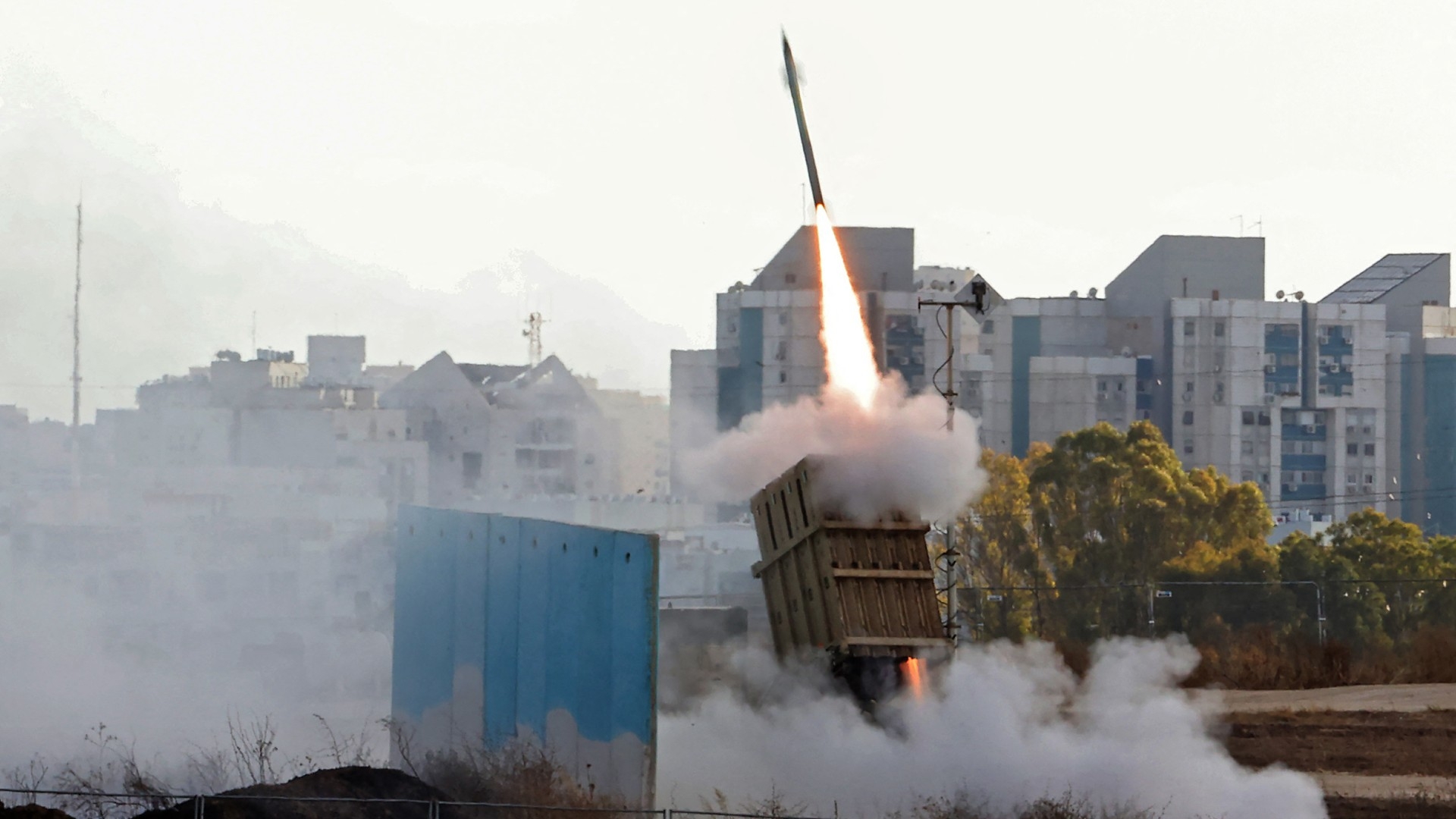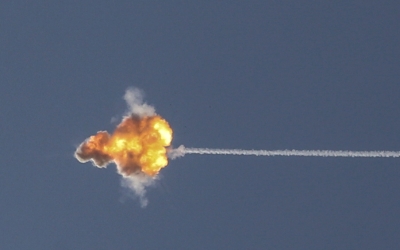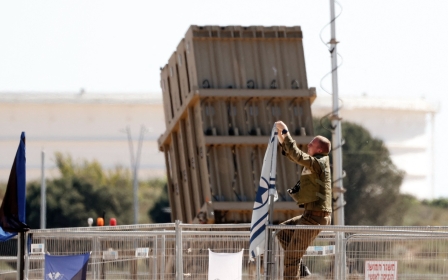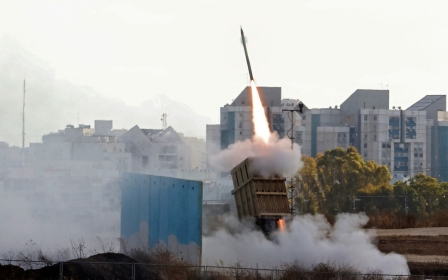US Congress poised to approve $1bn in funding for Israel's Iron Dome in spending bill

After months of stalled efforts in US Congress to give Israel $1bn to replace its Iron Dome batteries, the funding is to be included in a bipartisan spending bill that will be considered on Wednesday, as lawmakers look to avoid a government shutdown.
The massive 2,741-page, $1.5 trillion Omnibus Appropriations Agreement includes a provision for the $1bn, as well as the $3.8bn annual defence assistance package for Israel that has been written into law.
The legislation was announced early on Wednesday by House Speaker Nancy Pelosi and Senate Majority Leader Chuck Schumer, and the House is expected to vote on the bill later on Wednesday, as stopgap funding for the government ends Friday.
In addition to providing the additional aid to Israel, the bill includes a separate section that is intended to promote the US-Israel relationship and back normalisation agreements between Israel and four Arab countries - including the United Arab Emirates, Bahrain, Sudan, and Morocco - that were brokered by the Trump administration.
New MEE newsletter: Jerusalem Dispatch
Sign up to get the latest insights and analysis on Israel-Palestine, alongside Turkey Unpacked and other MEE newsletters
In total, US defence-related spending would increase by $42bn or 5.6 percent to $782bn, compared to last year, according to a summary from House Appropriations Committee Democrats.
Iron Dome system
Last September, a handful of progressive House Democrats, who accused Israel of human rights abuses against Palestinians, objected to a provision that would include the $1bn in Iron Dome funding to the government funding bill.
Despite successfully stopping the money from being included within the stopgap funding bill, the House approved a stand-alone bill to provide Israel with $1bn for replenishing the anti-missile system. The vote passed with an overwhelming majority, with 420 members voting in favour and only nine against it.
At the time, the stand-alone bill was criticised by several lawmakers and progressive groups, including Jewish Voice for Peace Action which said "it is long past time for the US to end the bloated blank check that funds and enables Israel's human rights abuses".
But Republican Senator Rand Paul has repeatedly blocked four requests by Democrats to pass the legislation in the Senate, insisting that it should be reallocated from proposed US assistance to Afghanistan.
The Iron Dome is a short-range anti-rocket system that uses targeting systems and radar to detect projectiles. Once located, it then fires Tamir interceptor missiles at the projectiles.
The system is specifically designed to fire at projectiles only targeting strategic locations, such as population centres or military installations.
Since it became operational in 2011, Israel has deployed 10 batteries across the country, each with three to four launchers capable of firing 20 interceptor missiles.
The Iron Dome has been used by Israel to intercept projectiles from Hamas's armed wing and other groups in the Gaza Strip, and Hezbollah forces in Lebanon. According to the Israeli government, during the most recent escalation with Hamas in May, it had a roughly 90 percent interception rate.
Around 250 Palestinians in Gaza were killed in Israeli air strikes during the 11-day conflict in May 2021, with 13 people were killed in Israel.
Middle East Eye delivers independent and unrivalled coverage and analysis of the Middle East, North Africa and beyond. To learn more about republishing this content and the associated fees, please fill out this form. More about MEE can be found here.





